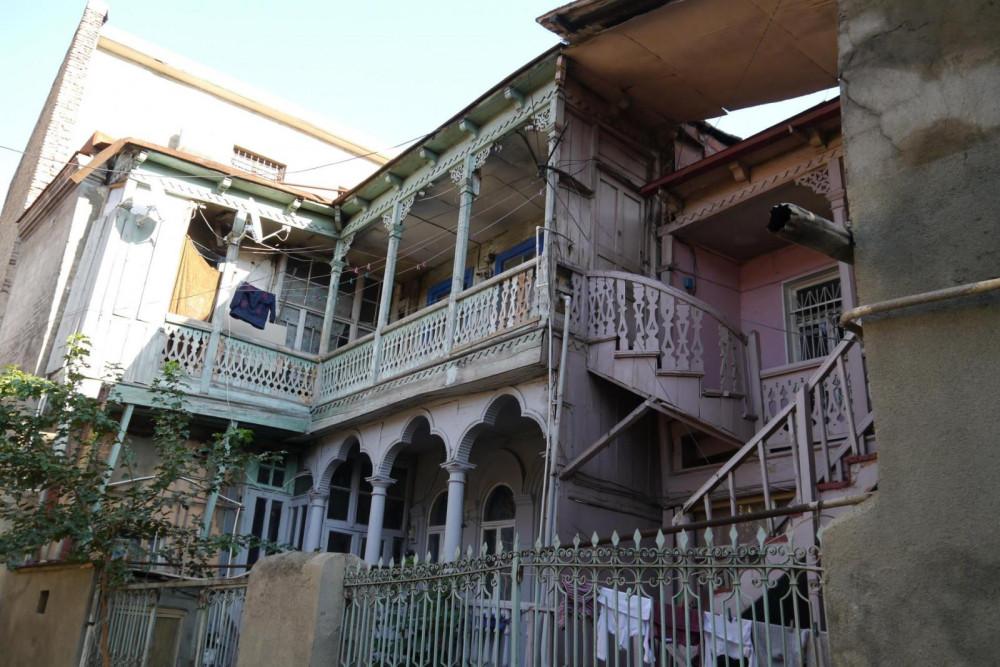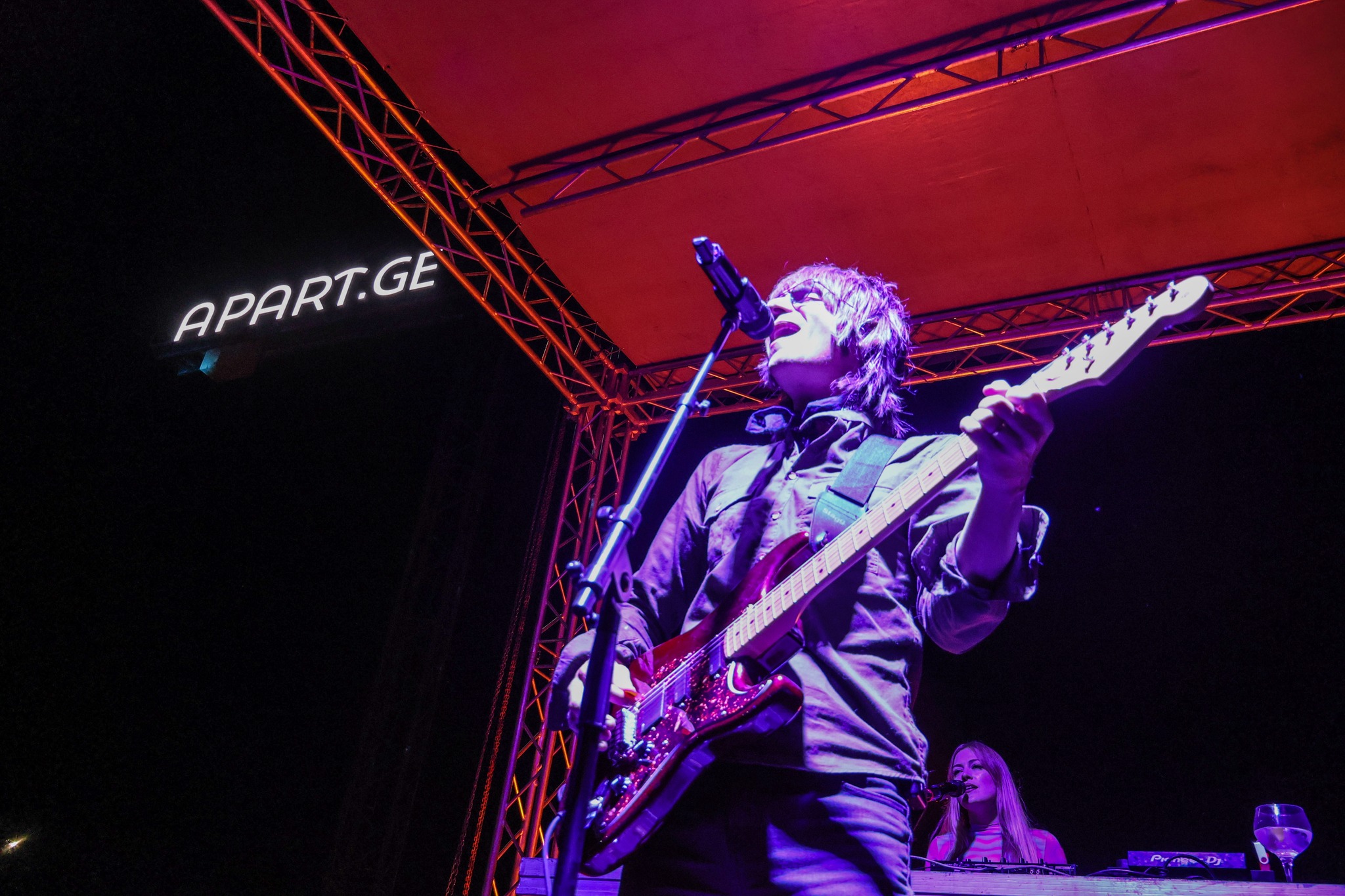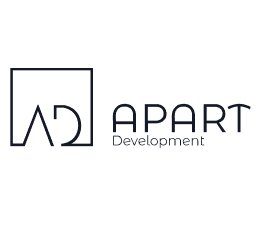This website uses cookies so that we can provide you with the best user experience possible. Cookie information is stored in your browser and performs functions such as recognising you when you return to our website and helping our team to understand which sections of the website you find most interesting and useful.
Tbilisi Mayor Kakha Kaladze instructed Vice Mayor Irakli Khmaladze to develop a program to solve the problem of emergency buildings and structures located in historical areas. According to Kakha Kaladze, a program for the replacement of emergency houses is already being implemented in other districts, but it is necessary to develop an approach to emergency buildings and structures located in historical areas. On the other hand, the vice-mayor explained that the K2 coefficient will not increase in historical areas, and investors may be offered an increase in the coefficient in another area in exchange for the purchase or rehabilitation of an emergency house. According to Khmaladze, another version is being developed, but he can’t say it yet.
In what case can businesses be interested in the new program of the mayor’s office? – this question was asked by BM.GE is a representative of a company that has experience in replacing damaged buildings in historic districts throughout the capital.
The executive director of the company believes that one of the problematic issues today is communication with the population, where the involvement of the mayor’s office will simplify the processes.
“Apart Development was one of the first to replace emergency buildings in historical areas. To make these projects commercially interesting for us, we focused not on apartment buildings, but on low-rise multifunctional complexes, where quality is important, not quantity. But to make it interesting for other business entities, I think that the initiative of the mayor’s office will be transformed into a support program.
There are quite a lot of bureaucratic barriers that are even more difficult, especially in historical areas, and this slows down the implementation of processes over time. One of the pressing issues is negotiating with the population, because they often make irrelevant demands. We can no longer access the new objects, and the problem remains unresolved. In this part, if the Mayor’s Office assumes the role of an intermediary, it will be very good,” says Tata Dgebuadze, Executive Director of Apart Development.
According to him, they see commercial interest in replacing buildings in historical areas not with residential apartments, but with commercial premises and performing other services. However, if there are changes to the K2 coefficient, this will further increase the interest of developers in such projects.
“The K2 coefficient is a limiting factor and, of course, high-rise projects cannot be implemented because there is a height restriction. That is why we believe that we have found the right niche and entered the premium segment, where the customer has a limited number of apartments, and from our side, the emphasis is more on the service part that our company offers. It is clear that if the coefficient is revised, then, of course, more business entities will be interested in it,” says Tata Dgebuadze, Executive Director of Apart Development.










 Development WebMedia
Development WebMedia
